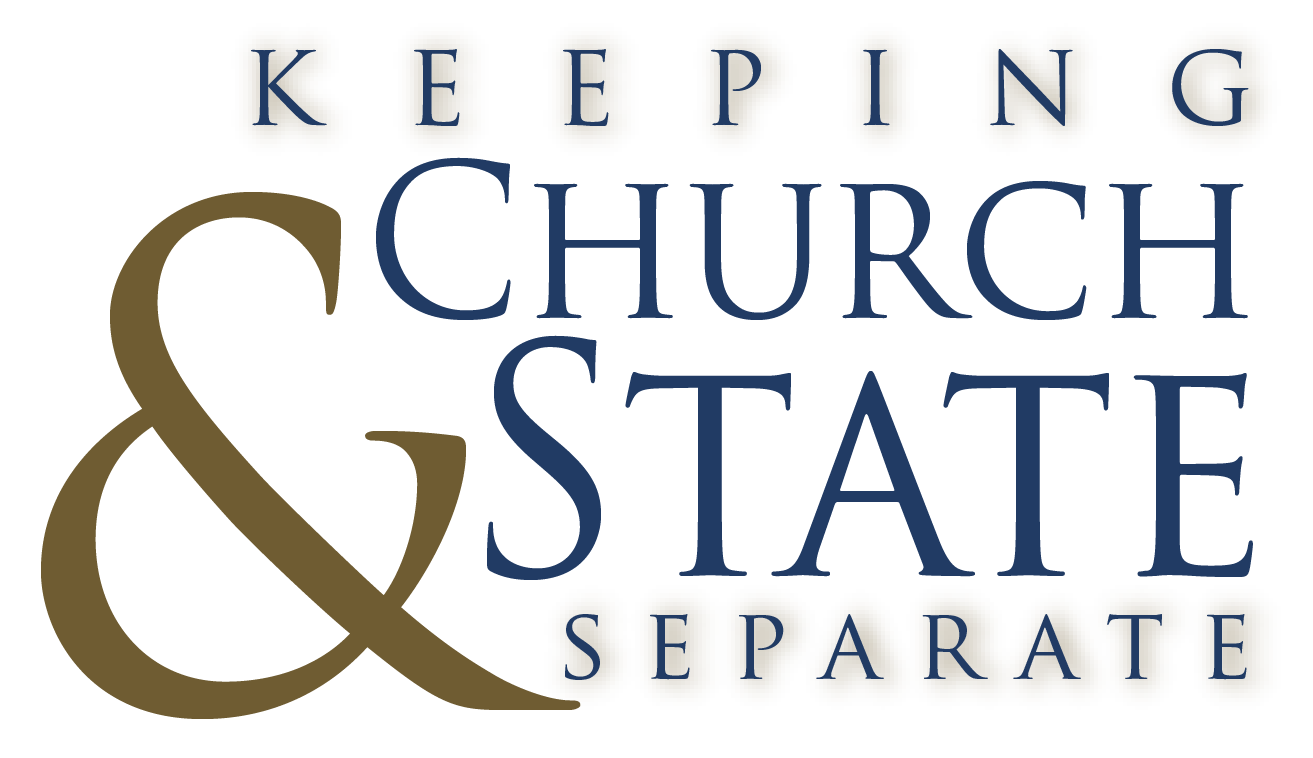Church Electioneering
People of faith have been engaged in virtually every social reform movement throughout American history. Religious individuals and houses of worship have the right and responsibility to take part in important public debates. While the constitution and other laws protect that right, tax regulations that govern nonprofit entities, including houses of worship, bring legal restrictions.
Religious organizations, like other nonprofits that receive special tax treatment under Internal Revenue Code Section 501(c)(3) that allow donors to deduct donations, are restricted from intervening in political campaigns and dedicating a substantial part of their activities to attempting to influence legislation, often called “lobbying.” That does not mean that they cannot speak out on the social, moral and ethical policy issues of the day. Churches may not, however, support or oppose candidates for office without jeopardizing their tax-exempt status. This restriction includes a prohibition on endorsements or opposition for a candidate from the pulpit. Advocacy activities on ballot initiatives, referenda, constitutional amendments and the like do not constitute prohibited electioneering, but those activities do count as lobbying.
As Christians and citizens, we are called to work toward a just society. Protecting the institutional separation of church has never meant silencing the faithful. Instead, we should advocate as responsible citizens in compliance with the law or work to change the laws. The tax laws that currently apply to nonprofits are designed to protect the charitable purposes of the organizations and integrity of the tax code, without unnecessarily infringing on the free speech and religious rights of individuals. Churches or other nonprofits that want to be more politically active also have the option of declining tax-exempt status.
In recent years, the Internal Revenue Service has issued improved guidance (revised in August 2015) to help tax-exempt organizations avoid implicit candidate endorsements. In Congress in 2017, there have been several recent legislative attempts to change the rules for churches, allowing endorsements of political candidates from the pulpit without threatening churches’ tax-exempt status. People of faith have asked Congress to keep the current law, including more than 100 religious and denominational groups and more than 4,000 faith leaders.
Some advocates of change in years past have even encouraged active violation of the electioneering rule, seeking to prompt attempts at enforcement and a court review of IRS regulations. While we recognize that some tough cases will arise, the BJC supports the current IRS rules as striking the right balance between protections for individuals and tax-exempt entities and maintaining a healthy separation of church and state.
For more on this topic:
Visit our Johnson Amendment resource page
Visit our Church Electioneering Resources page
Read the IRS Tax Guide for Churches and Religious Organizations (PDF document)
Politicize our charities and churches? No, thanks.
By BJC Executive Director Amanda Tyler (2017)
Read the op-ed published by Religion News Service
Religious and denominational groups opposing a change in tax code:
BJConline.org/CommunityNotCandidates
4,000+ faith leaders asking to keep the Johnson Amendment:
BJConline.org/Faith-Voices
BJC’s Amanda Tyler warns: Trump proposal would ‘fundamentally change’ our houses of worship
By BJC Blogger Don Byrd (2017)
View online
Pastors, pulpits and politicking
by BJC Associate General Counsel Jennifer Hawks (2016)
View online
Q&A on Churches and Political Campaigns with BJC General Counsel Holly Hollman
View online View as PDF View in Spanish
Hollman on churches and political campaigns in the June 2012 Report from the Capital
View online View PDF of entire magazine





